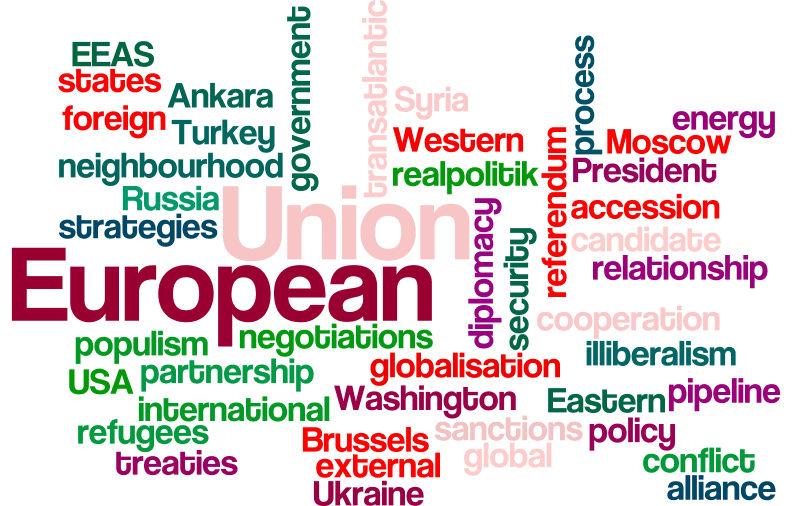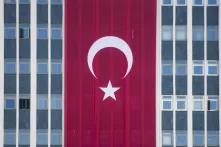
In spite of its internal crisis, the European Union will have to (re)define its relations with its powerful neighbours Turkey and Russia and come to terms with the new political situation across the Atlantic. Whereas (still) EU accession candidate Turkey keeps slipping away into illiberalism and lawlessness, Russia doesn’t back down on its (often aggressive) ambitions in the eastern neighbourhood and both countries keep meddling in the EU’s internal affairs (pressure on Turkish EU citizens in the EU on the one hand; financing of populist parties and cyber attacks on the other), the EU depends on Turkey in the ‘refugee deal’ and looks helpless in the face of Russian hostilities. In the meantime, transatlantic relations have come under strain in view of a US President whose next step in foreign policy is more unpredictable than the drop of a lottery ball. The European Union is challenged to play a more affirmative role in the neighbourhood and on the global stage, but can an EU which is struggling with internal tensions and a general crisis of confidence really do this? What will the future EU relations with Russia, Turkey and the US look like? For this dossier the European Office of the Heinrich-Böll-Stiftung asked European, Russian, Turkish and American authors to assess the situation from their point of view.








